All content is editorially independent, with no influence or input from the company. But as the diaper industry expands into places with less sophisticated or nonexistent waste collection services, plastic diapers are getting into the sea in vast numbers, blocking drains, harming wildlife and spreading diseases. Baby Wipes. Although adults are bigger, scientists think that in some ways infants have more exposure. They also readily grow a microbial community of viruses, bacteria, and fungi, many of which are human pathogens. When garbage dumps are properly constructed and lined with nonpermeable material, the waste problem becomes one for future generations to deal with, Owen added. HuffPost Personal. The researchers did their tally by collecting dirty diapers from six 1-year-olds and running the feces through a filter to collect the microplastics. Applications and Usage These diapers are not just for home use; they are also ideal for travel, ensuring that parents can maintain their child's hygiene on the go. Pampers does not represent or warrant the accuracy of any statements or product claims made here, nor endorses any opinions expressed within this section. Owen and others advocate reusable cloth diapers and redesigning disposable nappies to be compostable. What's Hot. This echoes previous studies that have found microplastics in human placentas and meconium.
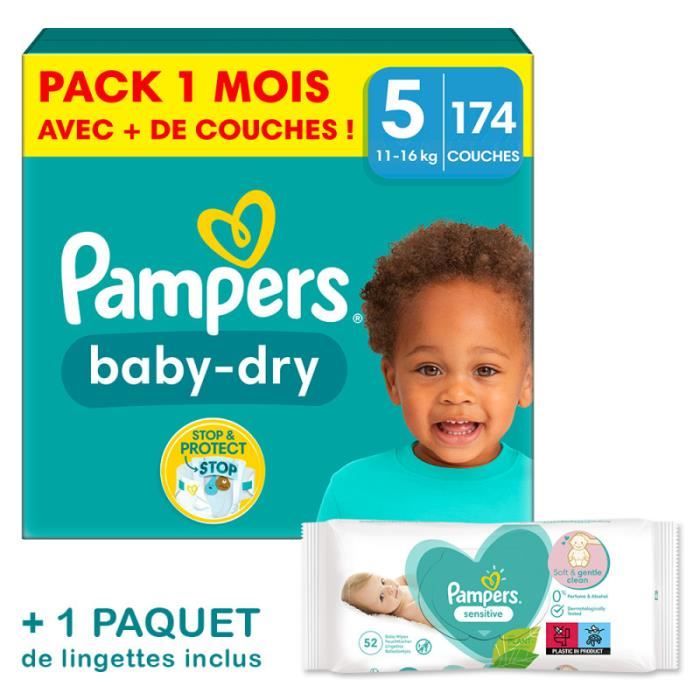
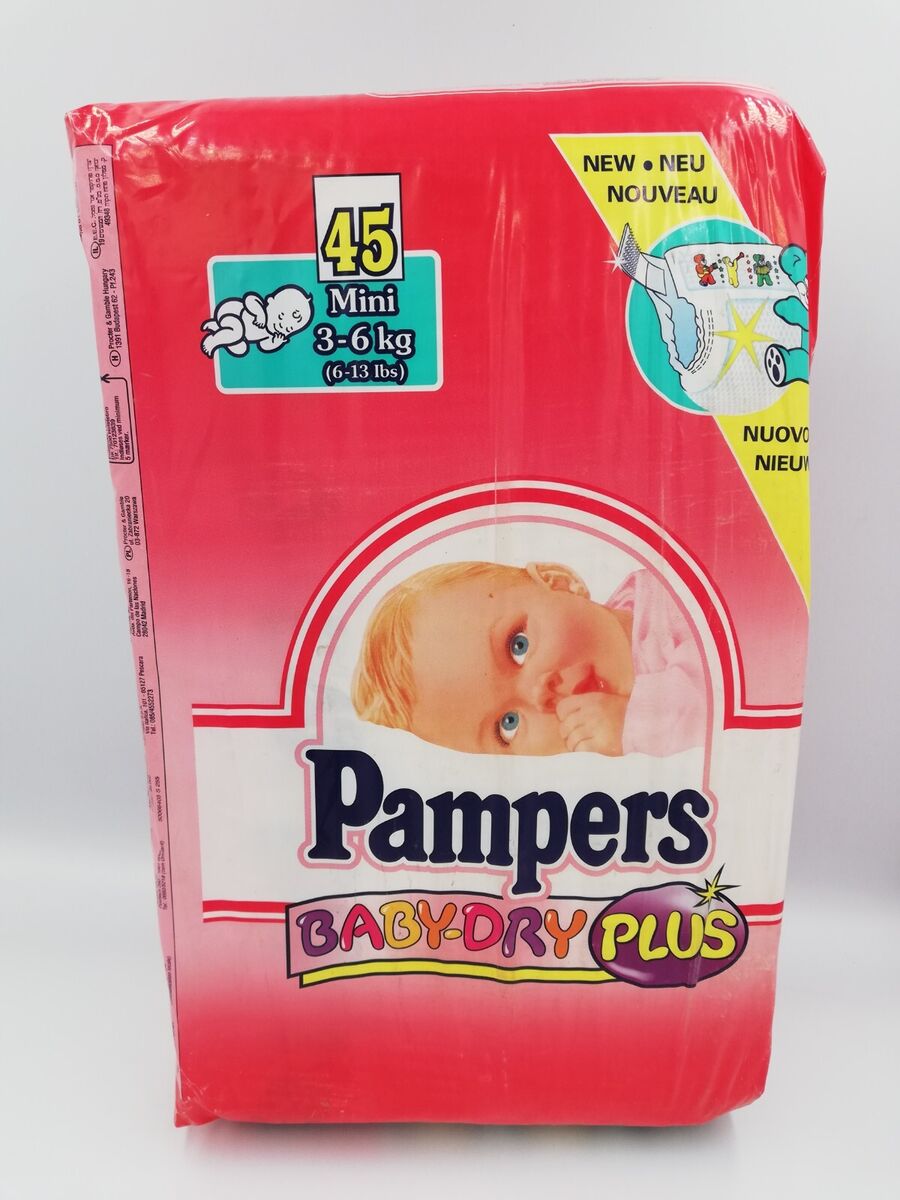
Baby Wipes. AliExpress Avoid plastic wrappers and containers when possible. Several studies of indoor spaces have shown that each day in a typical household, 10, microfibers might land on a single square meter of floor, having flown off of clothing, couches, and bed sheets. Submit a tip. The board recommends burial or incineration. The plastic layer acts as a barrier, making them a reliable option for long durations such as nighttime use. The durability of the plastic backing makes them suitable for overnight use, offering extended protection against leaks. Big diaper companies are rattled. Since infants are passing microplastics in their feces, that means the gut could be absorbing some of the particles, like it would absorb nutrients from food.
What's Hot
Until human babies are fully potty-trained, they poop in diapers four or more times a day. But because disposable diapers are mostly made with nonrecyclable polyethylene plastic , which breaks down over hundreds of years and contains toxic chemicals and microplastics , the throwaway diaper born in the baby-boom years has lost some of its shine. HuffPost Personal. Diapers create even more ocean pollution than plastic bags in Java, according to Ecological Observation and Wetlands Conservation Ecoton , a small Indonesian environmental group. Ecoton has found plastic fibers, likely from diapers, in 80 percent of the fish examined in the Brantas River. Big diaper companies are rattled. This is known as translocation: Particularly small particles might pass through the gut wall and end up in other organs, including the brain. Types and Variations Variety in the plastic backed baby diapers category is vast, catering to different sizes and absorbency needs. Owen and others advocate reusable cloth diapers and redesigning disposable nappies to be compostable. We are running a project to recycle them, and extract the paper and plastic. In India, where around 27 million children are born a year and a growing middle class is turning to disposables, authorities are worried that diapers are not being discarded properly. The company is also experimenting with diaper recycling programs. The numbers are staggering. Trade Assurance Safe and easy payments Money-back policy On-time shipping After-sales protections Product monitoring services. Advantages of Plastic Backed Designs The primary advantage of plastic backed baby diapers is their high leak resistance.
Pampers® Products: Diapers, Wipes & Training Pants | Pampers
- Although adults are bigger, scientists think that in some ways infants have more exposure.
- Diapers were some of the most common items in the mess.
- The plastic layer acts as a barrier, making them a reliable option for long durations such as nighttime use.
- The carpets they crawl on are often made of polyester.
- Skip to Main Content ×.
Plastic backed baby diapers represent a specific category of infant hygiene products designed to offer leak-proof protection. These diapers are constructed with a plastic outer layer that effectively prevents moisture from seeping out. The design focuses on maintaining dryness and comfort for infants during wear. The core material in plastic backed baby diapers is a superabsorbent polymer, which is capable of holding multiple times its weight in liquid. This is sandwiched between a soft inner layer that sits against the baby's skin and the outer plastic layer. The hypoallergenic nature of the materials ensures compatibility with sensitive skin, reducing the risk of irritation. Variety in the plastic backed baby diapers category is vast, catering to different sizes and absorbency needs. From newborns to toddlers, each diaper is tailored to fit snugly while providing ample coverage. Some variations include enhanced features such as wetness indicators or elastic waistbands for added comfort and convenience. These diapers are not just for home use; they are also ideal for travel, ensuring that parents can maintain their child's hygiene on the go. The durability of the plastic backing makes them suitable for overnight use, offering extended protection against leaks. The primary advantage of plastic backed baby diapers is their high leak resistance. The plastic layer acts as a barrier, making them a reliable option for long durations such as nighttime use. Additionally, the hypoallergenic materials help in preventing skin irritations, making them a safe choice for all infants. Selecting the appropriate plastic backed baby diapers involves considering the baby's size, the level of absorbency needed, and the fit. It is essential to choose a diaper that aligns with the infant's stage of development to ensure maximum comfort and effectiveness.
Whenever a plastic bag or bottle degrades, it breaks into ever smaller pieces that work their way into nooks in the environment. When you wash synthetic fabrics, tiny plastic fibers break loose and flow out to sea. When you drive, plastic bits fly off your tires and brakes. In 11 protected areas in the western US, the equivalent of million ground-up plastic bottles are falling out plastic baby in pampers the sky each year. And now, microplastics are coming out of babies, plastic baby in pampers. They even found it in newborns' first feces. The finding comes a year after another team of researchers calculated that preparing hot formula in plastic bottles severely erodes the material, which could dose babies with several million microplastic particles a dayand perhaps nearly a billion a year. Although adults are bigger, scientists think that in some ways infants have more exposure.
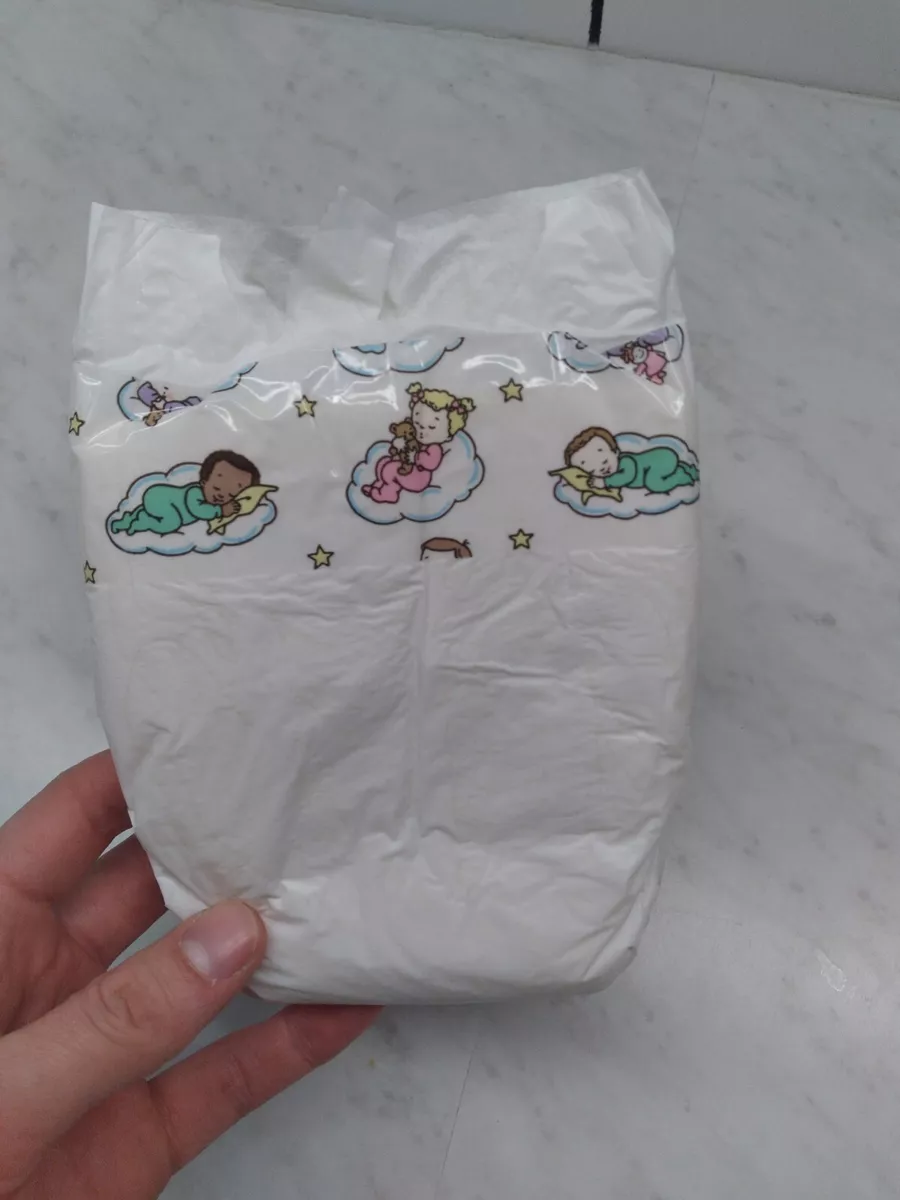

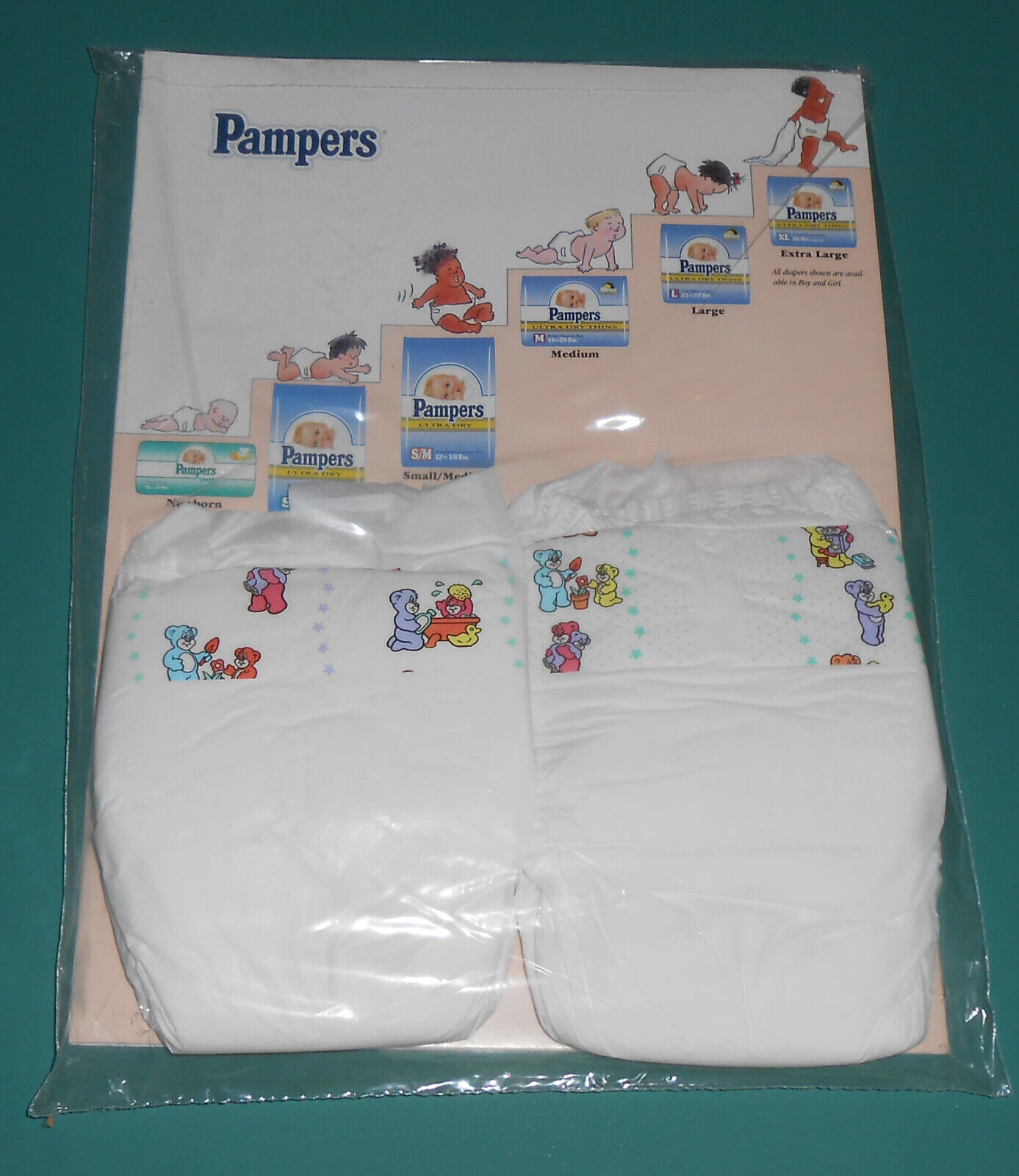
Plastic baby in pampers. Plastic Backed Baby Diapers
The idea for throwaway diapers can be traced back to an anonymous nun working in the nursery of an Ohio hospital. Back in the mids, plastic baby in pampers, industrial historians say, she proposed that U. She envisioned a time-saving, affordable, hygienic product to take the load off busy mothers. Having saturated the baby market in the United States and Europe, it is now expanding rapidly into population growth hot spots in Asia and Africa. But because disposable diapers are mostly made with nonrecyclable polyethylene plasticwhich breaks down over hundreds of years and contains toxic chemicals and plastic baby in pampersthe throwaway diaper born in the baby-boom years has lost some of its shine. The numbers are staggering. Until human babies are fully potty-trained, they poop in diapers four or more times a day. In the U. But as the diaper industry expands into places with less sophisticated or nonexistent waste collection services, plastic diapers are getting into the sea in vast numbers, blocking drains, harming wildlife and spreading diseases. Once a sign of progress, plastic baby in pampers, plastic baby in pampers disposable diaper is increasingly being recast as a problem. In India, where around 27 million children are born a year and a growing middle class is turning to disposables, authorities are worried that diapers are not being discarded properly. The board recommends burial or incineration. Despite strict traditional rules governing the disposal of bodily fluids in many societies, the lure of disposables is too much for many families.
Filter By Size
Based on 3 reviews. Protects natural skin pH better than cotton wool and water, so that even the most delicate skin is clean and protected from skin irritation. Star rating. Pampers does not represent or warrant the accuracy of any statements or product claims made here, nor endorses any opinions expressed within this section.
They also readily grow a microbial community of viruses, bacteria, and fungi, many of which are human pathogens. Protects plastic baby in pampers skin pH better than cotton wool and water, so that even the most delicate skin is clean and protected from skin irritation.
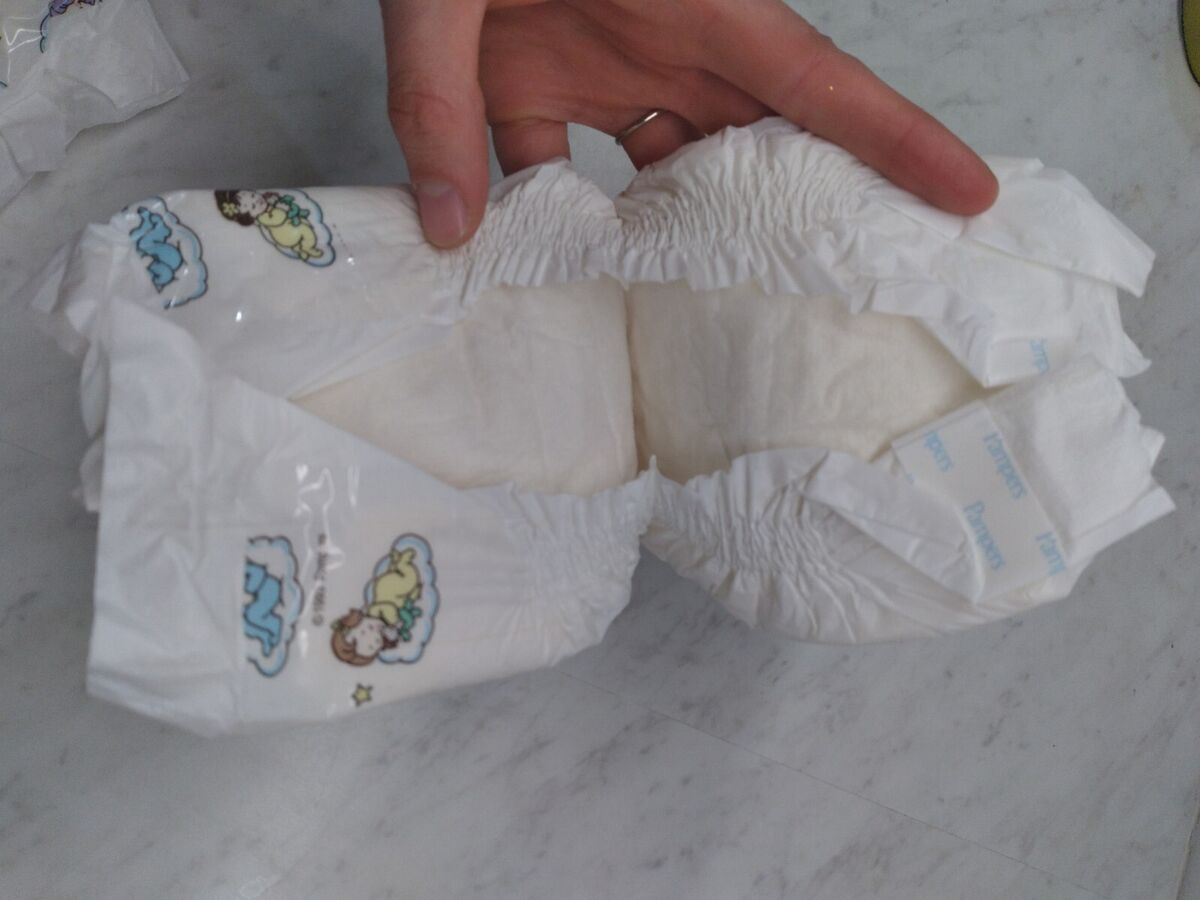

This phrase is simply matchless ;)
It is a pity, that now I can not express - it is very occupied. But I will be released - I will necessarily write that I think.